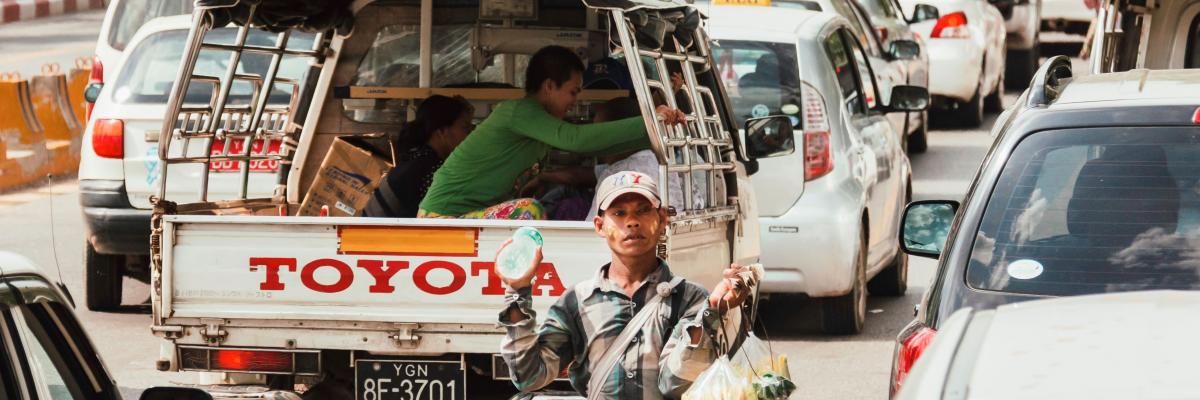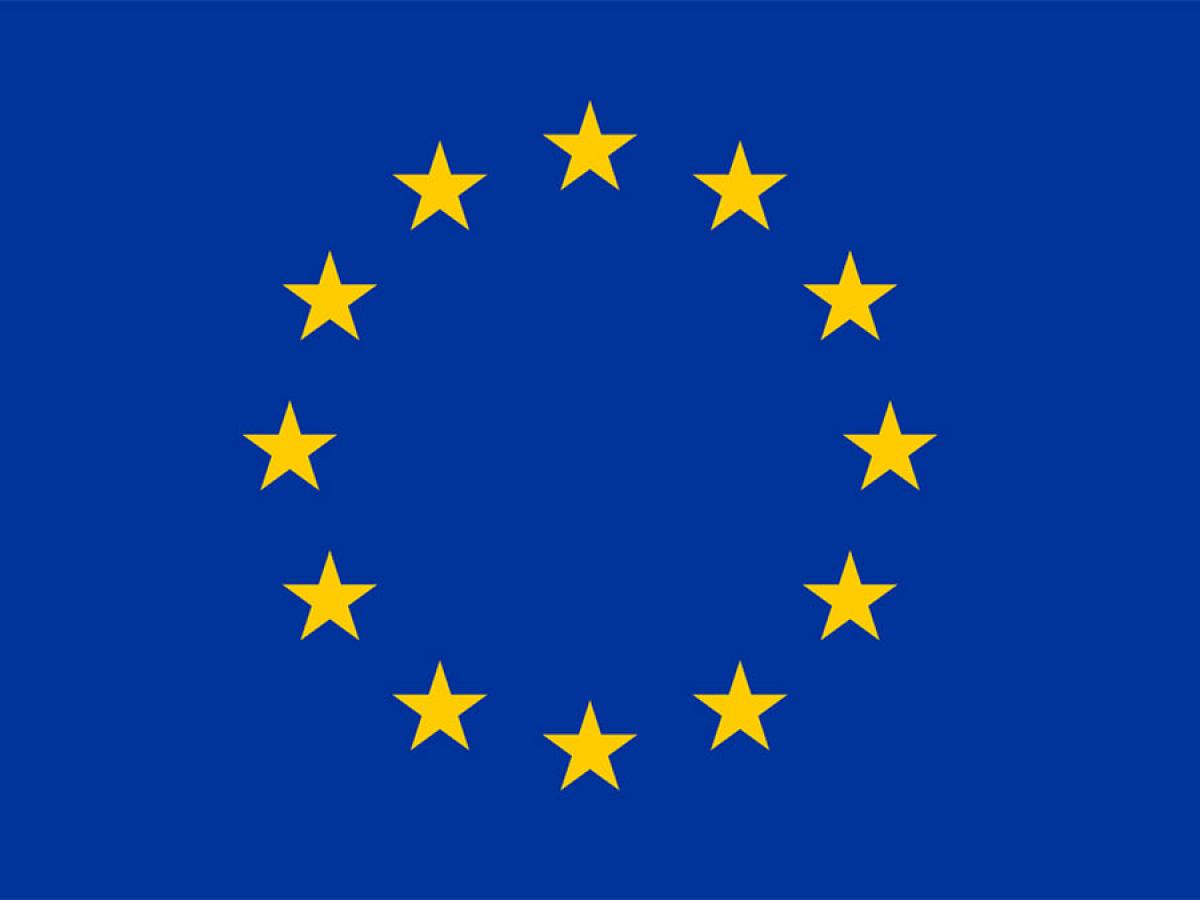Increasing Unevenness in Trade-Related Sustainability Policy: The ASEAN Perspective

This policy brief examines the growing fragmentation of trade-related sustainability policies across ASEAN, analysing both internal divergence and external pressures from the EU, U.S., and global markets. It offers a strategic roadmap to build a more harmonised, resilient, and competitive ASEAN sustainability framework.
Key Highlights:
- ASEAN Green Deal vision: The brief calls for a common ASEAN sustainability framework integrated with trade policy—an “ASEAN Green Deal”—including shared emissions targets, deforestation-free supply chain norms, and potentially an ASEAN-wide carbon market.
- Geopolitical and regulatory pressure: The EU’s CBAM and EUDR regulations are redefining trade norms, creating compliance burdens for ASEAN exporters. Meanwhile, U.S. policy reversals under President Trump add volatility to ASEAN’s external climate partnerships.
- Risks of fragmentation: The uneven rollout of carbon pricing and sustainability laws across ASEAN countries creates cost differentials, undermines regional integration, and poses risks to trade access and investor confidence.
- Opportunities for frontrunners: Countries like Singapore and Vietnam, which are advancing in carbon pricing, renewable energy, and sustainable finance, are gaining a competitive edge in green supply chains and attracting clean-tech investment.
About the author: Göran Roos is Adjunct Professor at the Institute for Sustainability, Energy and Resources (ISER), University of Adelaide. A globally recognised authority on advanced manufacturing, innovation strategy, and intangible-asset management, he has advised governments and multinational firms on industrial policy and competitiveness. Professor Roos is a Fellow of the Australian Academy of Technological Sciences (ATSE) and Engineering and the Royal Swedish Academy of Engineering Sciences (IVA).

Co-funded by the European Union
Views and opinions expressed are however those of the author(s) only and do not necessarily reflect those of the European Union or the European Education and Culture Executive Agency (EACEA). Neither the European Union nor EACEA can be held responsible for them.
This work is licensed under Commons Attribution-NonCommercial-NoDerivatives 4.0 International License.
IIT is a global leader in researching, analysing and commenting on International Trade.
Stay informed about our up-and-coming seminars, events, publications, awards, new projects and collaborations, and other exciting news.
